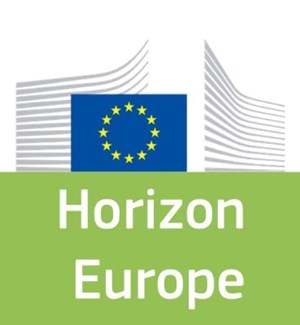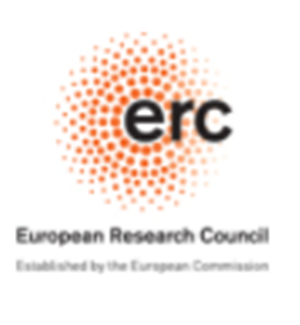- UAB Medaus Pirkliai - Lithuania,
- Asociacion para la Promocion, Investigacion, Desarrollo e Innovacion Tecnologica de la Industria del Calzado y Conexas de la Rioja - Spain,
- Guala Pack SPA - Italy
Of the total plastic demand, approximately 40% is used to make packaging that is discarded within weeks or days. These short-life plastics bottles, containers, unit dose packaging, secondary packaging have important disadvantages regarding their usage and disposal. Traditional plastics are derived from petroleum, a non-renewable resource, used to produce large quantities of plastics that go to waste (38% go to landfills). Due to the increasing awareness of such environmental impact, there is a growing demand for packaging made from bioplastics (polymers derived from renewable resources or biodegradable polymers). For almost every conventional plastic there is now a bioplastic alternative available on the market that has the same properties with additional advantages. Currently bioplastics represent around 1% of the total plastic produced annually (2M in 2017) but the market is booming (20% growth annually) and many big firms are introducing bio-packaging in an attempt to position their products as green and include the sustainability claim. Moreover, about 80% of European consumers want to buy products which have minimal impact on the environment and will be willing to accept an additional charge in their shopping bag for sustainable packaging. Our project, BIOSNAP aims at taking full advantage of the bioplastics market growth and opportunities towards more sustainable products. We are providing a ready-to market, sustainable unit dose packaging that is 100% bio-based for food applications (olive oil, ketchup, or mayonnaise). Furthermore, it will be made of biodegradable and compostable materials in compliance with UNI EN13432. Our end users (food firms) will benefit from a premium and unique unit dose packaging on the market, and final consumers will benefit from its versatility and ease of use (one hand opening system), being able to safely dispose the packaging with the organic waste. The consortium expects to achieve a ROI of 15.3 from BIOSNAP.
Want to analyze based on this project via our analysis tool? Analyze this project
Knowledge Gaps
Environmental fate and behavior of plastic
Environmental exposure
Environmental effects and ecotoxicity
Commercial-related uncertainties


